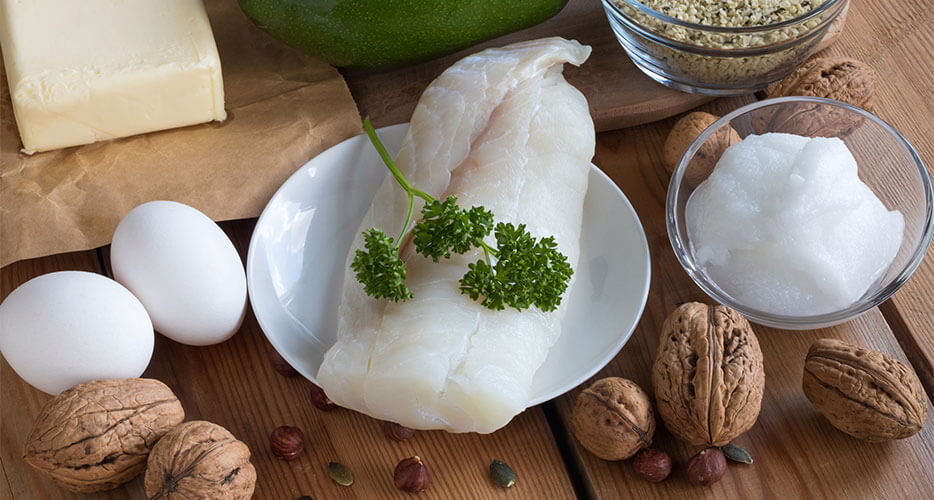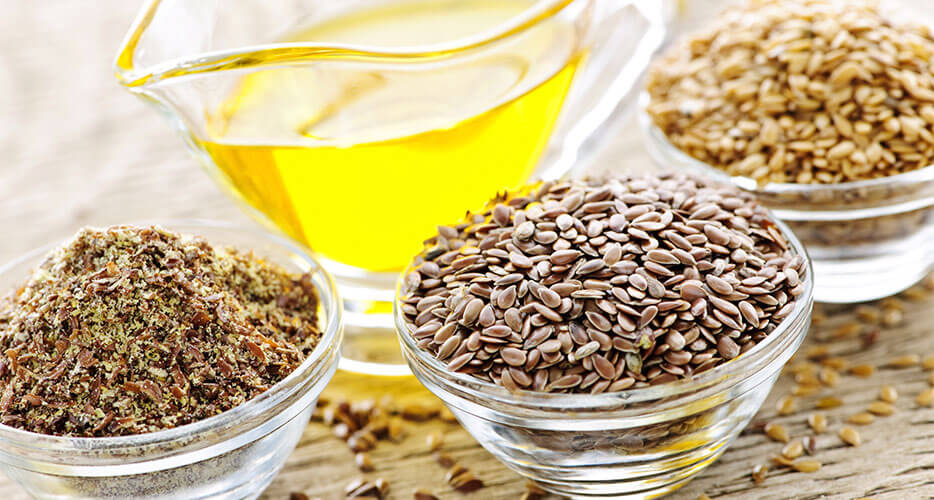
All there is to know about a subject so much debated in terms of nutrition and wellness and of fundamental importance for the health that passes through the table.
Misura's interview with Dr. Andrea Del Seppia
Let's talk about the topic with our nutritionist, Dr. Andrea Del Seppia.
Dr. Del Seppia, what do we talk about when we talk about fat?
Lipids, commonly called "fats", constitute a class of nutrients that includes molecules that share the characteristic of being barely soluble in water. Compared to other macronutrients, such as proteins and carbohydrates, lipids are more caloric: 1 gram of fat provides 9 kcal, more than double the 4 kcal provided by 1 gram of protein or carbohydrate. Because of the high caloric content, they give a high energy density to the foods that contain them and, for this reason, for many years they have been demonized because they are considered the only ones responsible for the increase in weight.
Nowadays there is a tendency to avoid discriminating against an entire category of nutrients and instead giving indications on how to choose the "right" fats, rather than excluding these important substances from one's diet.
What are their main functions?
Inside our body, lipids cover many fundamental functions: thanks to their energy reserve, they protect us from the cold and allow us to absorb and use the vitamins that dissolve in fats, or vitamins A, D, E and K, said for this reason liposoluble. Fats are also important for our cell membranes and nervous system.
Cholesterol, a lipid molecule with a particular structure formed by several rings, is used for the production of steroid hormones (which perform various functions ranging from the regulation of metabolism to the modulation of sexuality and fertility), but also of vitamin D (fundamental for bone health) and bile acids (which allow us to digest the lipids introduced with food).

How to manage them in a healthy and balanced diet?
Nutritional guidelines suggest that the percentage of daily energy derived from lipids is between 20% and 35% of the total caloric intake (SINU, 2014). But the fats, as mentioned, are not all the same: the sources of lipids that we take with the diet can contain mainly saturated fatty acids or unsaturated fatty acids: both have the same energy supply, that is the same kcal, but have different characteristics. The fatty acids, in fact, have the form of more or less long chains and can contain, between a "pearl" and the other, structural changes called "double bonds": the presence of this type of bonds determines an "unsaturation" in the catenin and allows us to classify these molecules.
Saturated fatty acids, those that do not have double bonds in their chain, are mainly contained in meat, cured meats, cheeses, cream, butter, lard and palm oil. Monounsaturated fatty acids have only one double bond and are found in extra virgin olive oil, in avocado and in other vegetable oils such as sunflower and peanut oils; in fish, instead, polyunsaturates prevail.
Polyunsaturated fats include the famous "omega-3" which have an anti-inflammatory and protective action against brain structures and functions: they are well represented in cold-water fish, in some micro-algae, in nuts, in seeds of linen and those of chia.
Our body is not able to produce omega-3 alone, which is why they are called essential nutrients and it is essential to take them through nutrition.
We often hear about good fats and bad fats: is this distinction right?
To put it simply, we can say that saturated fats have a negative impact on the health of the heart and blood vessels since they determine, in most cases, an increase in circulating "LDL" cholesterol (popularly known as "bad"), even if there are exceptions based on the length of the chain. Those monounsaturated and polyunsaturated, on the other hand, have a protective effect, favoring the so-called "good" cholesterol, technically called "HDL". For this reason, nutritional guidelines suggest limiting daily kcal from saturated fat by 10% (SINU, 2014). This practical outline can guide us in daily food choices, however it is important to take into consideration not only the structure of lipids but also the processes to which they are subjected.

How to deal with everyday choices?
In addition to preferring the consumption of unsaturated lipids, it is necessary to limit the use of fats during cooking: it is better to prefer types of cooking such as baked or steamed and to season raw foods with a modest amount of extra virgin olive oil. Among vegetable fats, it is preferable to avoid the consumption of margarines, rich in hydrogenated fats, while for those of animal origin we recall that the type of farming and fodder affect the quality of the lipids that we will find in meat, milk and its derivatives: better to always choose products from non-intensive farms. In the case of fish, the fish usually has a better lipid profile than the breeding one.
It would be useful to always check the labels of the foods we buy, consulting not only the "fat" item, but also the "of which saturated fatty acids", without forgetting that the food should always be considered as a whole. For example, if in a very occasional way it happens to consume fried foods, we try to prefer peanut oil, which has a high smoke point that limits the development of harmful compounds. Last but not least when it comes to fat, it is good not to forget the physical activity that has the power to raise the levels in the blood of "good" HDL cholesterol.
Read the article on Misura® website
Read the article on Misura® Facebook official page
Link to Dr. Andrea Del Seppia page on the official Misura® website
Misura® is a registered trademark of Colussi S.p.A. The material reported in this article is the property of Colussi, who authorized its publication.